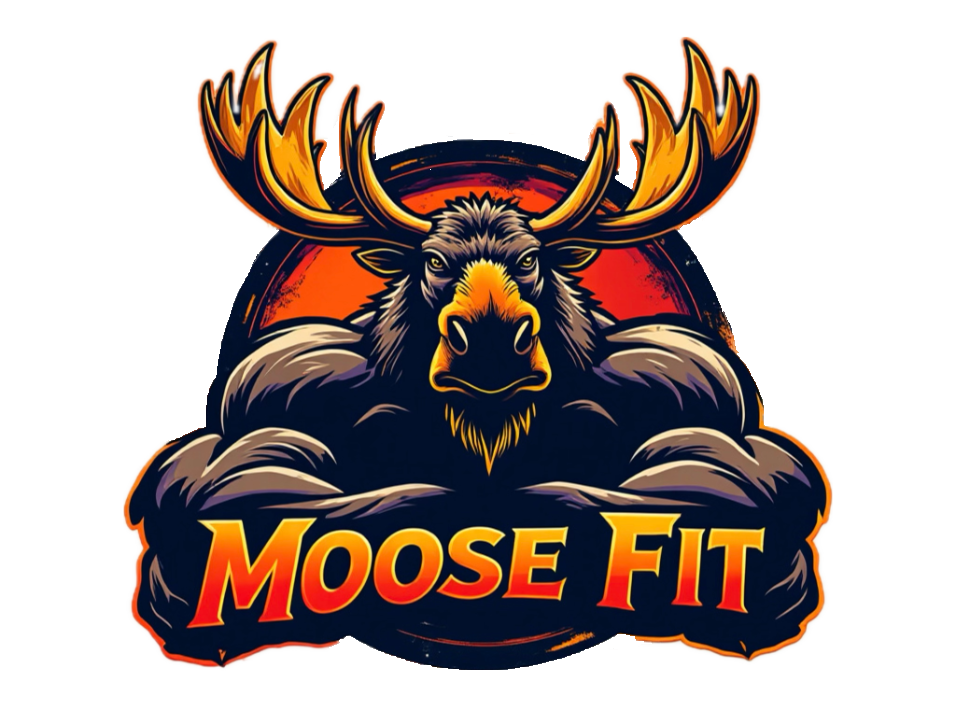Achieving health, fat loss, and lean muscle growth revolves around smart eating choices, prioritizing whole, unprocessed foods. Unprocessed foods—fruits, vegetables, lean proteins, and whole grains—are packed with essential nutrients that support overall wellness and fitness goals. In contrast, processed foods often contain added sugars, unhealthy fats, and artificial ingredients that contribute to weight gain and inflammation, sabotaging your progress.
Eating for Health and Fat Loss
To promote fat loss, focusing on nutrient-dense, lower-calorie foods is key. Whole foods are naturally rich in vitamins, minerals, and fiber, which promote satiety, meaning you’ll feel full and satisfied longer. Lean proteins like chicken, fish, and plant-based options like legumes not only aid fat loss but also preserve muscle mass, a critical factor for long-term weight management.
Processed foods, on the other hand, can cause erratic spikes in blood sugar levels, leading to cravings and overeating. By opting for whole foods, you provide your body with the fuel it needs without the excess calories and harmful additives, helping you reach your fat-loss goals faster.
Building Lean Muscle with Whole Foods
When aiming to build lean muscle, protein quality and quantity become central to your diet. Whole proteins, such as eggs, poultry, fish, and plant-based options like quinoa, deliver the essential amino acids your body requires for muscle repair and growth. Carbohydrates from whole grains like oats or brown rice offer sustained energy, while healthy fats from sources like avocados and nuts support hormonal balance.
Processed foods often lack the necessary nutrients needed for muscle recovery, leading to poor results and fatigue. Incorporating whole, minimally processed foods ensures that you are providing your body with optimal nutrition for muscle repair and growth.
Processed Foods: The Hidden Saboteur
Processed foods not only affect your waistline but also your overall health. With added preservatives, unhealthy fats, excessive sodium, and artificial flavors, these foods lack the natural goodness found in whole foods. Consuming processed items regularly has been linked to increased risks of obesity, heart disease, and metabolic issues.
Processed foods can trick you into overeating, as they are often engineered to be hyper-palatable and lack the natural fiber and nutrients found in whole foods. Cutting back on processed food is essential for sustainable fat loss and building lean muscle.
The Cost of Healthy Eating: Making Impactful Choices
It’s true that eating healthy can sometimes be more expensive than opting for cheaper, processed alternatives. However, you can still make a difference without breaking the bank. Focus on areas where you can make the most impact, such as buying seasonal produce, shopping sales, or bulk-purchasing staples like beans, rice, and oats. Small changes, such as cooking at home and meal prepping, can also help you save money in the long run.
Think of healthy eating as an investment in your body and long-term well-being. The cost may be higher, but the payoff comes in the form of increased energy, better health, and a fitter body.
My wife and I feel the difference in the type of food we eat every time we travel in Latin America. Especially when we traveled to Guatemala City a few weeks ago. We found that even though we ate more, we did not gain weight and the food did not leave us feeling bad. We felt better than when we eat here in the States. When doing a little digging we found that the food in Guatemala is not processed like it is here and they eat cleaner as a whole.
Final Thoughts
Eating for health, fat loss, and lean muscle isn’t about perfection—it’s about making smart, informed choices. Prioritizing whole, nutrient-dense foods over processed options will not only improve your fitness results but also enhance your overall well-being. While healthy eating may seem costly, with some mindful strategies, you can make impactful changes that benefit both your body and your budget.

